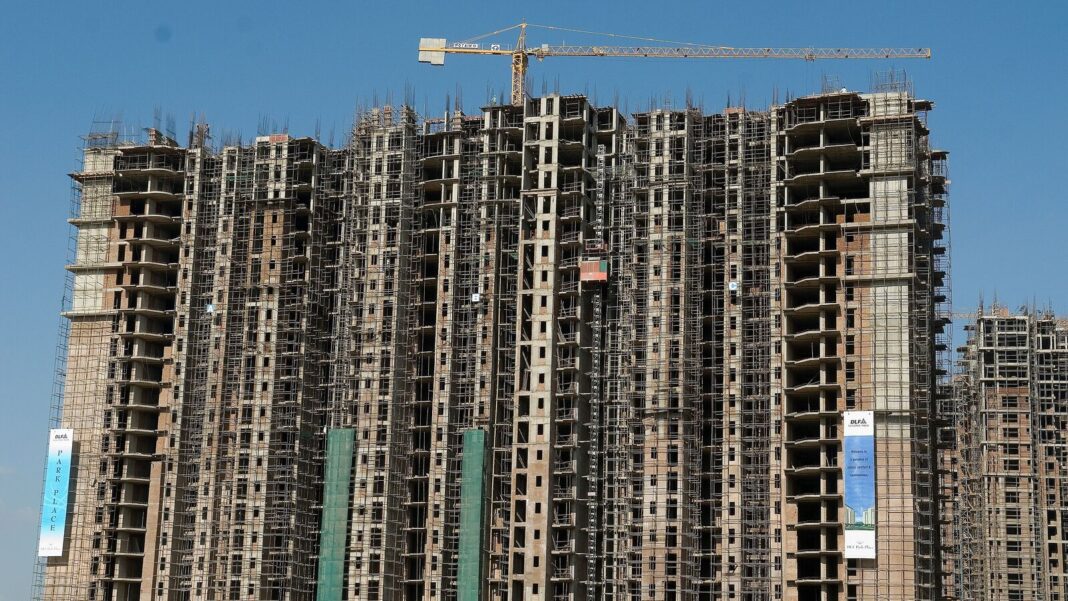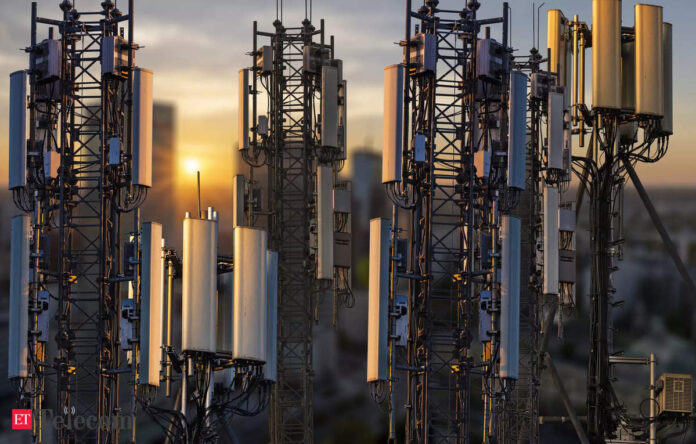In Short:
A Supreme Court judgment gave state agencies rights over assets of troubled real estate companies like banks. This contradicts the Insolvency and Bankruptcy Code. Experts believe this ruling could complicate resolving bankrupt real estate companies. The judgment affects ongoing insolvency resolutions. The government has sought public comments on the matter. Proposed amendments may be tabled in Parliament in the winter session.
Supreme Court Ruling Creates Confusion in Real Estate Debt Resolution
Wow, a recent Supreme Court decision sure has shaken up the world of real estate debt resolution! The ruling gave state agencies the same rights as banks over the assets of a struggling real estate company. Can you imagine the chaos this has caused among bankruptcy resolution experts?
IBC vs. Supreme Court
Experts were quick to point out that this ruling goes against the Insolvency and Bankruptcy Code (IBC), which clearly states that secured creditors, typically banks, have first dibs on a troubled property developer’s assets. If everyone from banks to government agencies starts claiming the same assets, it could seriously mess up the insolvency resolution process, they warned.
GNIDA’s Victory
Earlier this year, the Supreme Court ruled in favor of the Greater Noida Industrial Development Authority (GNIDA), considering it a secured operational creditor with equal rights over a real estate developer’s assets, just like other secured creditors. Talk about a game-changer!
Repercussions and Uncertainty
This judgment gives state agencies that leased out land for housing projects a solid case to be treated as secured creditors, experts noted. It even puts existing resolution plans of distressed real estate companies in limbo since they might need to be reevaluated in light of this new ruling.
Legal Interpretations
The court’s decision in the ‘Greater Noida Industrial Development Authority v. Prabhjit Singh Soni & Anr’ case emphasized the importance of including GNIDA in the class of secured creditors in resolution plans approved by the National Company Law Tribunal (NCLT) for real estate developers in the national capital region.
Impact and Future Concerns
GNIDA, which provided land for a residential project in Greater Noida, had its interests recognized by the court, leading to the revocation of an existing resolution plan. This ruling raises questions about the priorities set forth by the IBC and how it affects the resolution of distressed real estate projects.
Expert Insights
According to a source familiar with the government’s discussions on the matter, the Supreme Court’s decision has far-reaching implications. It puts a state agency on the same level as secured creditors, potentially disrupting many stressed real estate projects awaiting resolution.
Response from Legal Experts
Anoop Rawat, a partner specializing in insolvency and bankruptcy at law firm Shardul Amarchand Mangaldas & Co, believes that the court’s ruling could reopen already concluded resolution plans. This shift in treatment of statutory dues could have unintended consequences on the IBC’s objectives.





